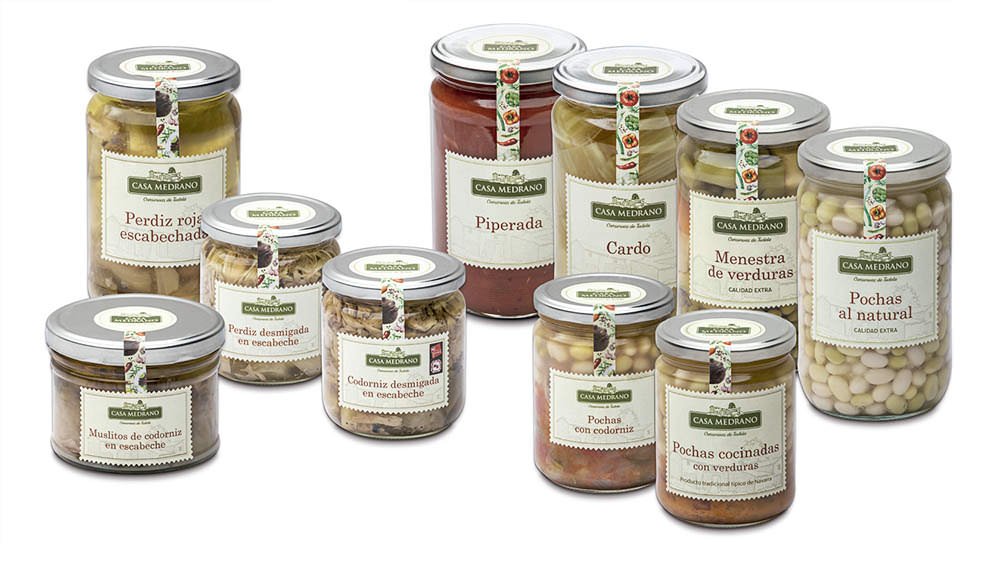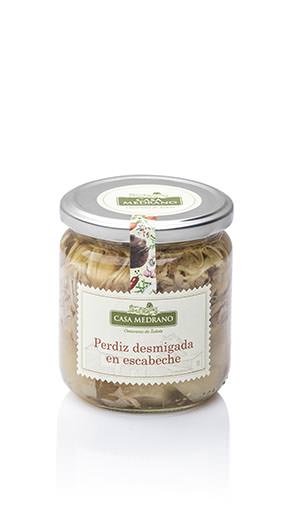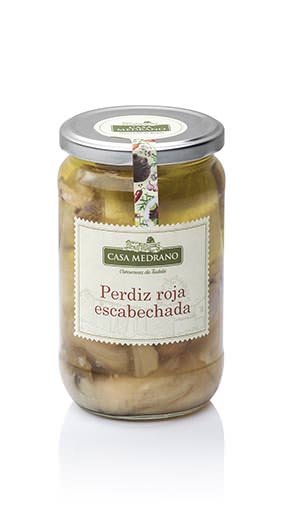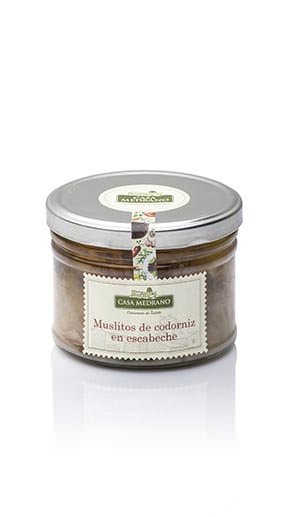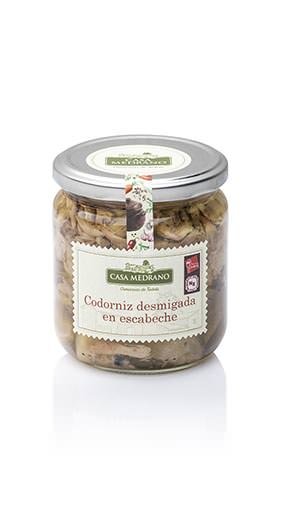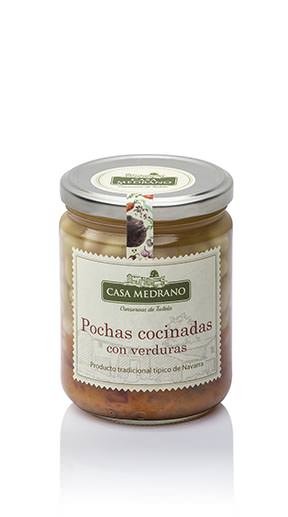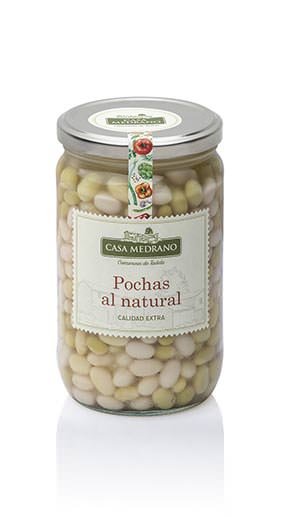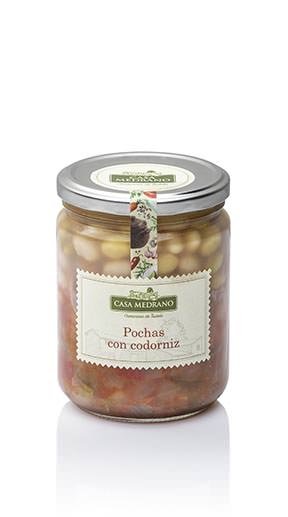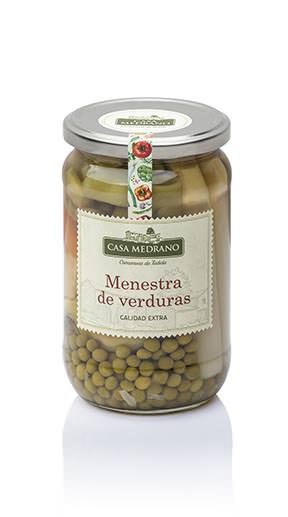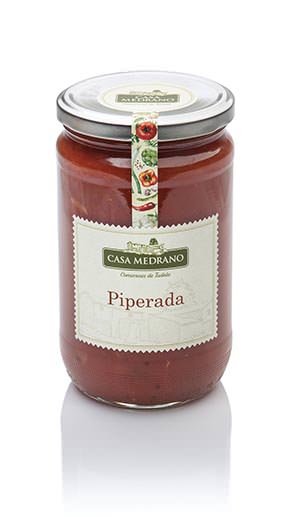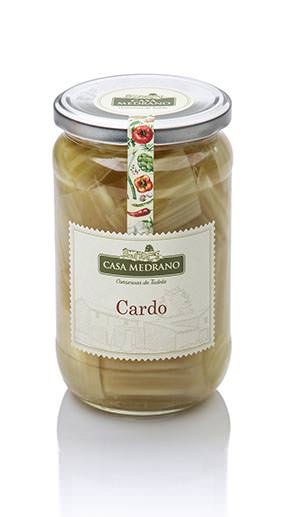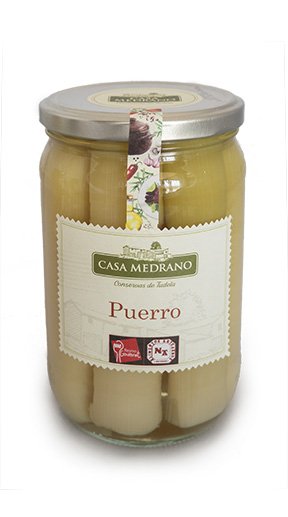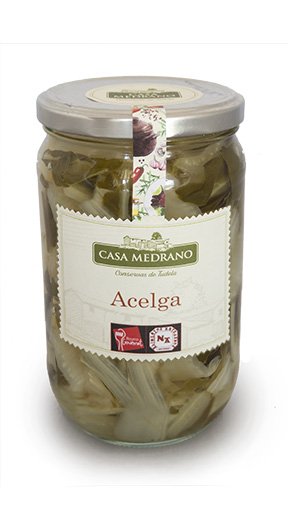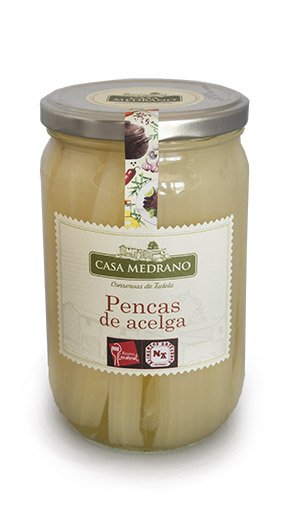A heartfelt tribute to the Medrano family and, especially, to grandfather Hipólito, a vocational gardener who transmitted his passion for the countryside to José Luis, who later did the same with his children. The memory of him has been imprinted on the brand itself, which recreates the old family home.
For this reason, “Casa Medrano” represents the premium quality of our artisan preserves, both organic and traditional, and that ever-growing interest in sustainable agriculture and healthier products.





